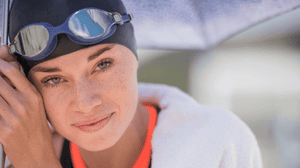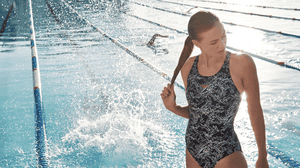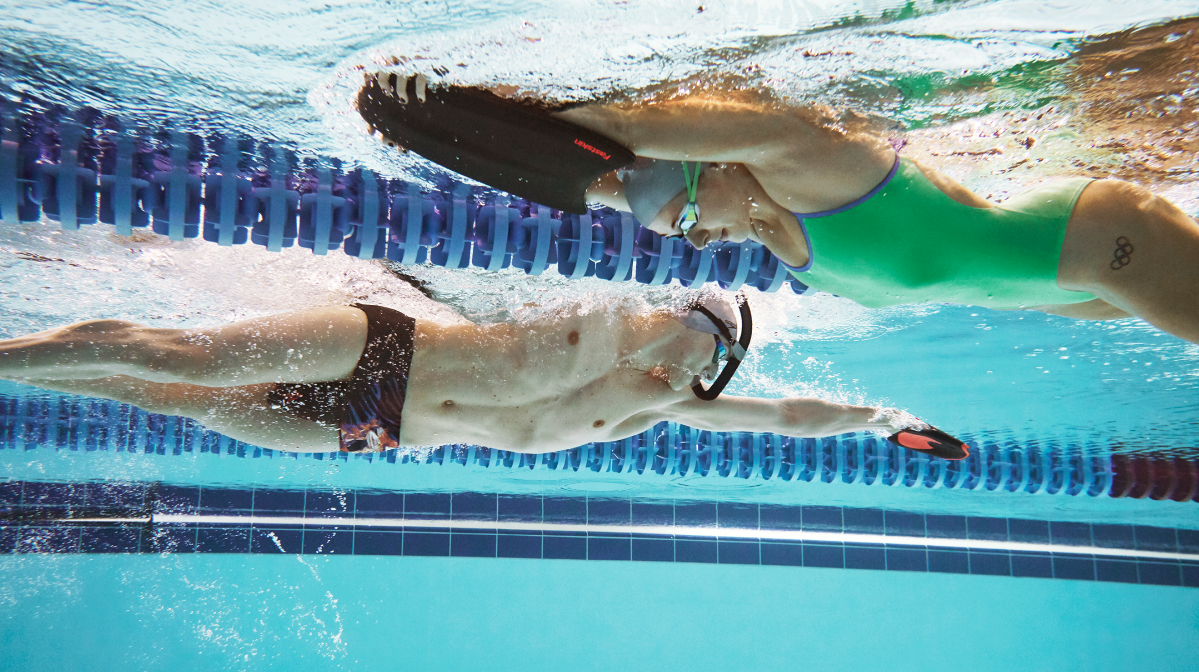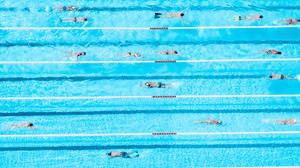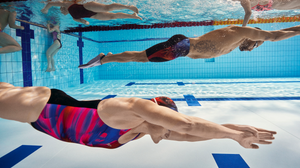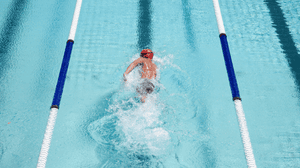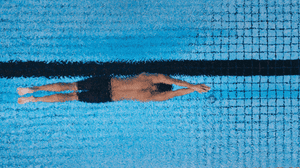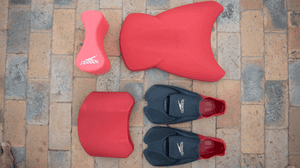
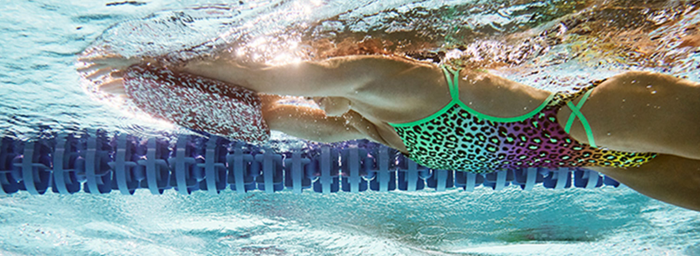
Diet and nutrition for competitive swimmers
Forget trying to outswim a bad diet. To get results and up your performance you need to eat smart. Here, we explain how.
Swimming and calorie intake
Achieving a balanced diet
Eating little and often
Foods for before and after swimming
How to stay hydrated
You put in the hours in the pool, work hard and stick to your training plan but if it all goes wrong in the kitchen, you could be selling yourself short. Don’t let a poor diet ruin your hard work and training. Instead, maximise your swimming performance by feeding your body with the nutritious, energy-rich foods it needs.
How many calories do competitive swimmers need?
The amount of energy you need depends on your training, your size, your weight and your muscle mass. However, as a benchmark, a 60kg swimmer will burn between 800-1000 calories in an hour-long training session. Add this to your average daily calorie needs – around 1800 calories for a woman and 2000 for a man – and you can roughly work out how much you need to eat a day.
But remember that no two swimmers’ needs or training plans are the same, so find the food and diet approach that work for you. Assessing your energy levels and hunger is a good way to work out if you’re getting enough calories throughout the day.
What do competitive swimmers need to eat?
A pre-race burger may be the choice of some elite swimmers before a meet, but it’s unlikely to work for the rest of us. A diet rich in complex carbohydrates (wholegrains, green veg, beans and sweet potatoes for example) and lean protein (chicken and fish) will provide the energy you need to perform at your best in the pool.
Aim for carbs to make up half of your meal and ensure that you include protein (to aid muscle repair after a swim) at every sitting, along with vegetables and good fats such as avocado, cashew nuts, pumpkin seeds or coconut flesh.
How often should I eat?
Competitive swimming is a high-energy workout, so eating frequent, smaller, nutrient-dense meals is important – this should satisfy your appetite, keep your blood sugar balanced and your energy levels consistently high. Opt for this approach over the traditional three, large meals a day, which may leave you feeling lethargic in training and when competing.
And if you’re a morning swimmer try to get some calories in before getting into the pool; swimming after a 12-hour, overnight fast can leave you feeling depleted, and ravenous for hours after.
What should I eat before and after training?
Eating carbohydrate and protein-rich foods such as eggs, wholemeal bread, pasta, beans and chicken around 2-3 hours before a swim is recommended.
Pre- and post-training session snacks and meals are important to help keep blood sugar levels balanced, particularly immediately after a swim. Aim to refuel your body within 20-30 minutes of training with a mix of muscle-repairing protein and glycogen-restoring carbohydrates – a banana and peanut butter sandwich would be perfect.
Avoid fatty foods which put extra demands on your digestive system and cut all nutritionally empty food from your diet. Instead, opt for healthy, light snacks such as fresh fruit, smoothies, whole grains, nuts, seeds, protein shakes and cereal bars.
How much should I drink?
Dehydration can affect your energy levels and performance, so take a water bottle with you to the poolside and drink plenty before, during and after your training.

Related Articles
